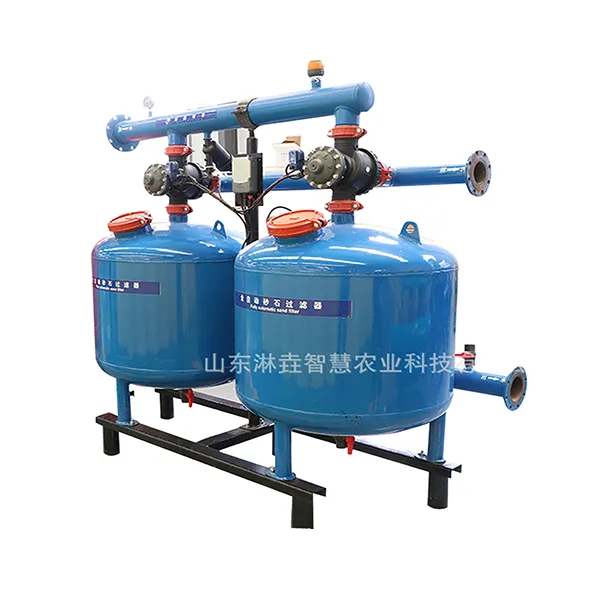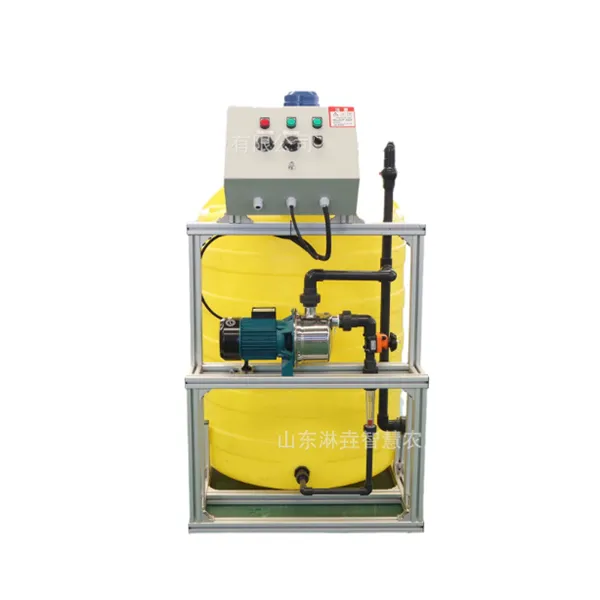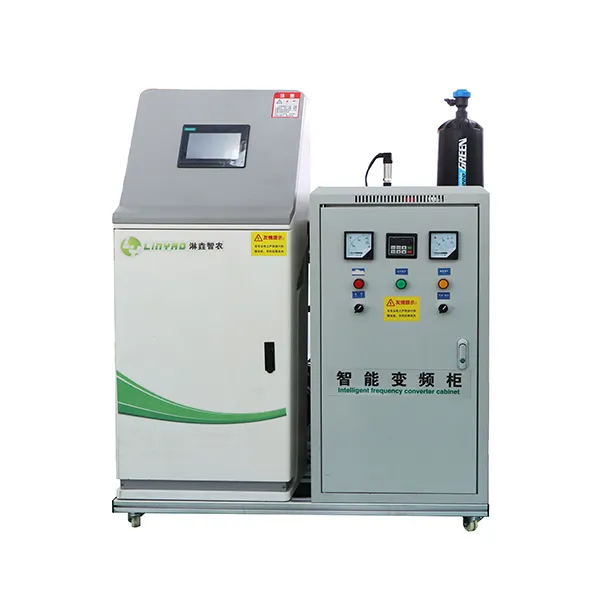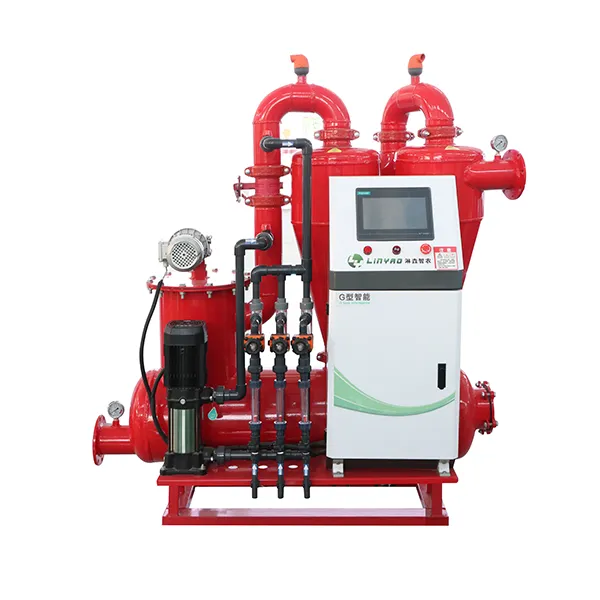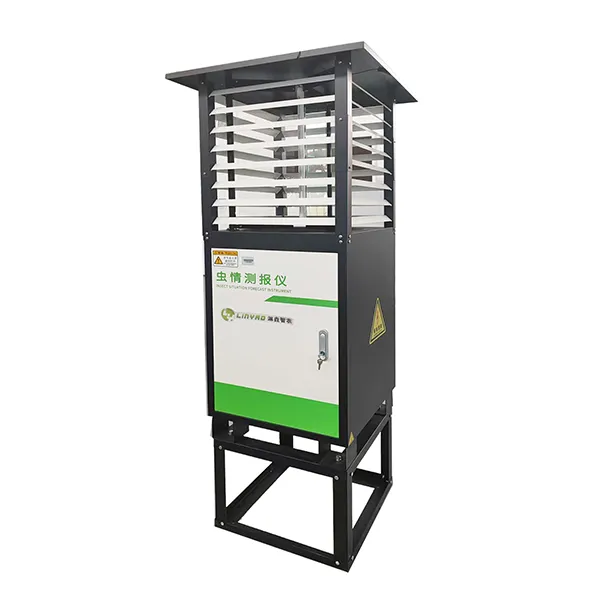
Smart farming in agriculture main buyer country
When they talk aboutsmart farming, everyone immediately imagines drones and sensors, but in reality the key thing is to understand who and why to sell it to. The main buyer country for us is Russia, and this has its own nuances.
Why Russia as the main market
At first we thought that technologies were sold the same way everywhere, but in Russia it was different. This is not so much about 'fashionable gadgets', but about practical benefits. The climate is different, from Krasnodar to Siberia, and each zone has its own settings. For example, in the Volgograd region, drip irrigation is more important, and in the Moscow region, soil moisture control is more important.
One of the projects withShandong Linyao Intelligent Agriculture Technology Co.,Ltdshowed that Russian farmers value reliability rather than 'smartness'. We installed a water and fertilizer integration system in the Rostov region, and at first the client was skeptical about the automation. But when I saw that the system itself regulates the supply according to the weather, without failures even in the heat, my attitude changed.
By the way, we use the site https://www.lyzhihuinongye.ru not for advertising, but as a base for technical support. Clients look at installation diagrams there, and through it we configure the equipment remotely. Last month we helped a farm in Stavropol in such a way - we saved them an engineer’s visit.
Mistakes in the approach to smart farming
Previously, we thought that the main thing was to sell a “smart” system, and they would sort it out. Error. In Kazakhstan, for example, they tried to implement the same thing as in Russia, but did not take into account local water standards. The project stopped working and we had to redo the filters.
Now we first study how the client works. There was a case, we came to the Voronezh region, and there were specifics with the winds. The humidity sensors were not installed as usual, but with dust protection - a small thing, but without it the data “floated”.
Another failure was the attempt to introduce complex automation in small farms. They are not ready to pay for the bells and whistles; manual control is easier for them. Conclusion:smart farmingmust be modular so that the client takes only what he needs. For example, frequency automatic equipment fromShandong Lingyao Co.,Ltdwe now offer separately from control systems.
Practical cases and adaptation
In the Krasnodar Territory we worked with a greenhouse complex - they installed remote control of valves. Initially, the project seemed simple, but it turned out that the local water was hard and the filters clogged more often. We had to modify the design and add a cleaning stage. The client was pleased that we did not “pass” the project, but brought it to fruition.
For smart agricultural parks in Russia, it is important that the equipment operates in cold weather. We tested the systems in the laboratory, but in reality in Tyumen the sensors failed at -30°. We switched to other materials, now everything is stable.
An interesting point: Russian farmers often ask for 'inconspicuous' solutions - so that the equipment is not conspicuous, but works. For example, in a project for high-quality agricultural fields near Kazan, we hid part of the wiring in the ground so that it would not interfere with equipment.
Technical nuances and settings
Automation is not a 'set it and forget it' thing. In the Belgorod region, frequency equipment settings had to be changed three times during the season due to voltage fluctuations in the network. Now we always advise clients to monitor this through our website, there are instructions there.
Water filtration is a separate issue. In some regions of Russia there is sandy water and standard filters cannot cope.Shandong Lingyao Co.,Ltdhas developed enhanced models, but they must be selected correctly. Somehow in the Omsk region they made a mistake with the calculation - the system became clogged and had to be urgently cleaned.
Designing hydraulic structures—you can’t do it without local specialists. We cooperate with Russian engineers to take into account the standards. Last year, we jointly completed a project near Saratov, where we combined our equipment with local materials - it turned out cheaper and more reliable.
The future of smart farming in Russia
I think there will be further growth in demand for integration solutions. Not individual sensors, but complexes, likeShandong Linyao Intelligent Agriculture Technology Co.,Ltd— where everything from watering to management is integrated. But it is important not to overload the client.
I see a trend towards 'green' technologies, but in Russia this is still in the background. The main thing is saving resources. For example, systems that reduce water consumption by 20-30% are already in demand in arid regions.
Perhaps local analogues of our equipment will appear soon, but for now the build quality and price are competitive. The main thing is not to stand still, to adapt to requests. Like in that project in the Lipetsk region, where we added a mobile notification function - a small detail, and the clients thanked us.
Correspondingproducts
Related Products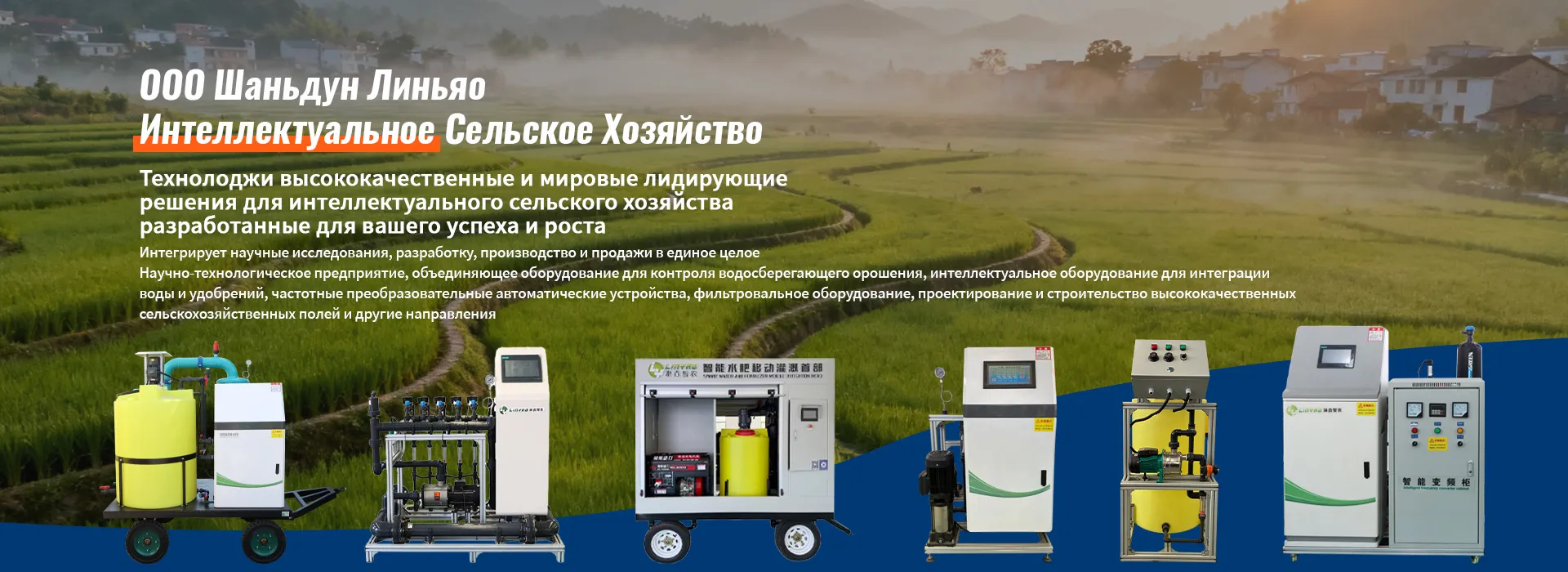
Best Sellingproducts
Best Selling Products-
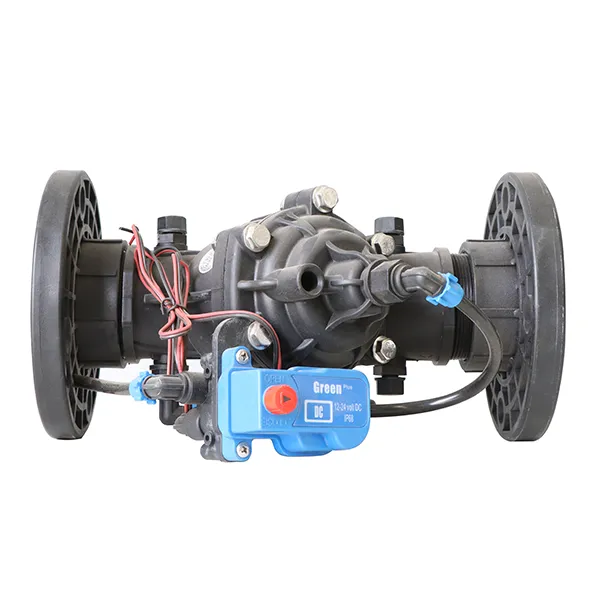 Solenoid valve
Solenoid valve -
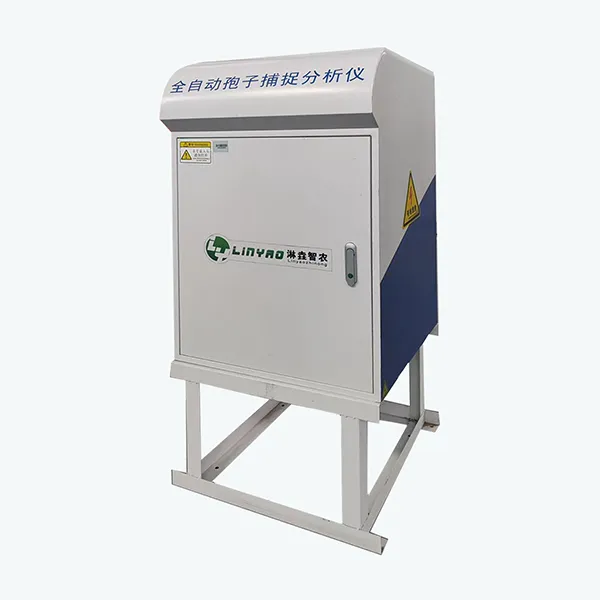 Fully automatic spore analyzer for agriculture
Fully automatic spore analyzer for agriculture -
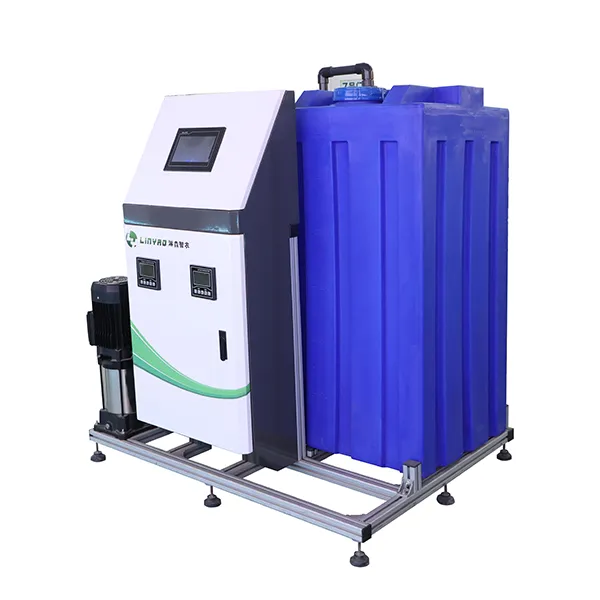 Fertilizer pre-mix fertilizer machine
Fertilizer pre-mix fertilizer machine -
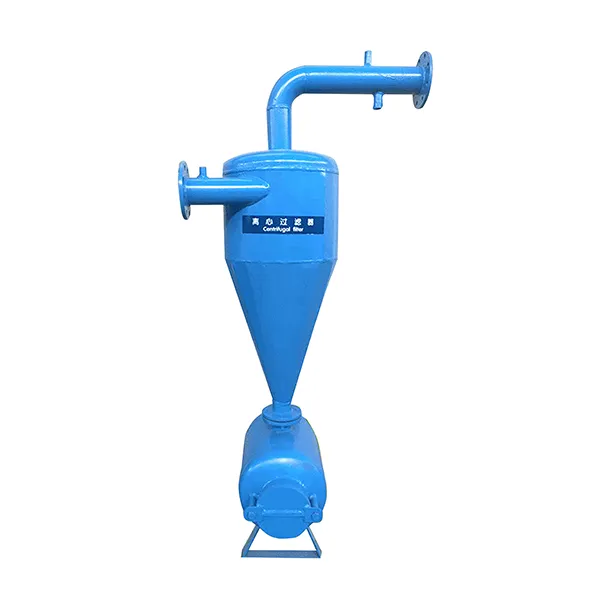 Centrifugal filter
Centrifugal filter -
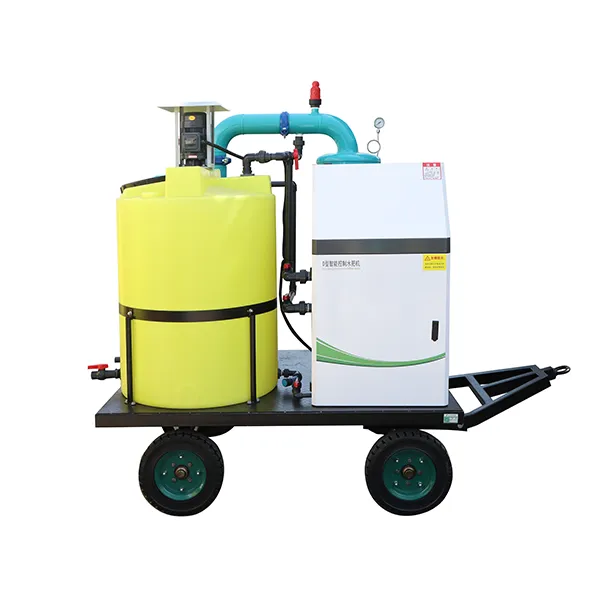 Mobile water and fertilizer integration apparatus
Mobile water and fertilizer integration apparatus -
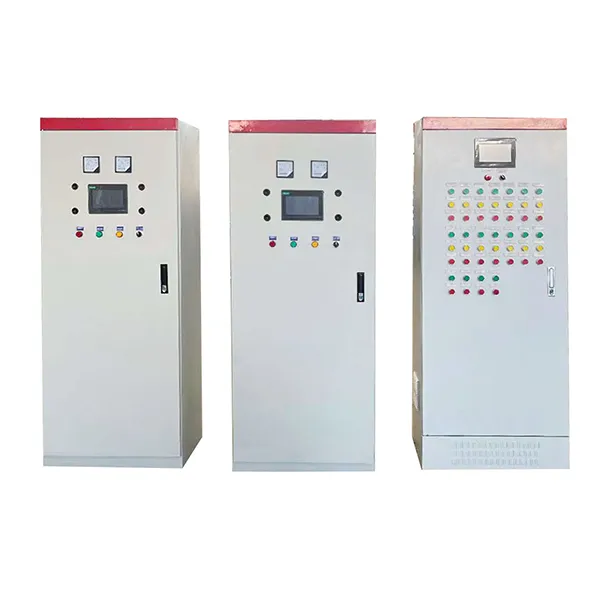 IoT-based greenhouse control cabinet
IoT-based greenhouse control cabinet -
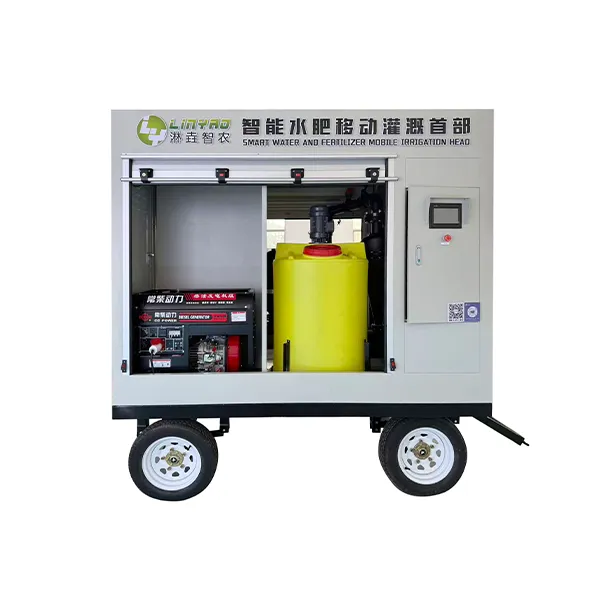 Intelligent mobile head for irrigation and fertilization
Intelligent mobile head for irrigation and fertilization -
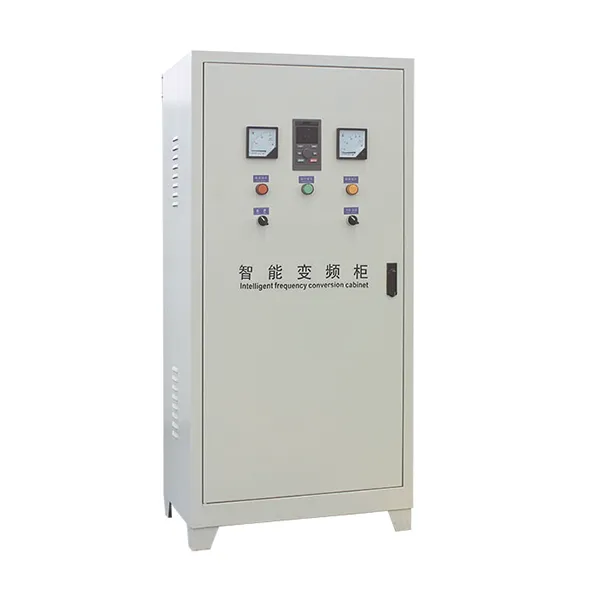 Intelligent Frequency Converter Cabinet
Intelligent Frequency Converter Cabinet -
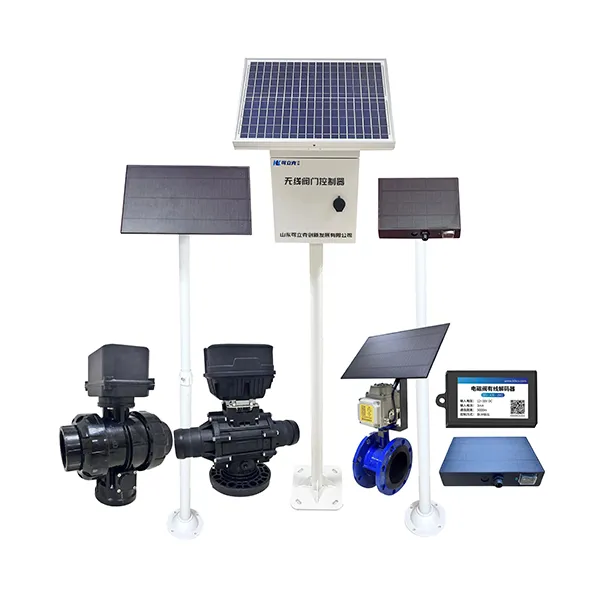 Wireless valve control
Wireless valve control -
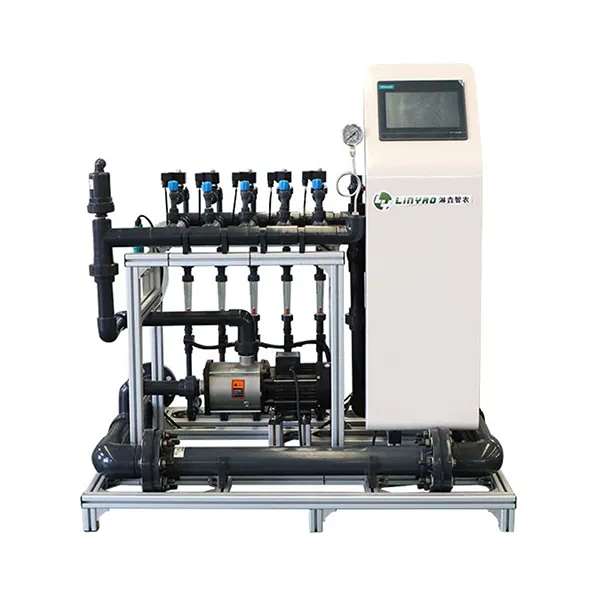 Intelligent Fertilizer Dosing Machine
Intelligent Fertilizer Dosing Machine -
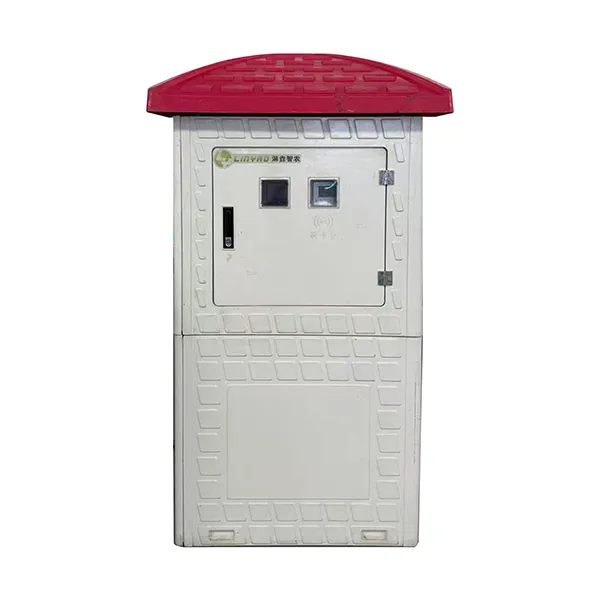 Radio Frequency Device for Irrigation Measurement and Control
Radio Frequency Device for Irrigation Measurement and Control -
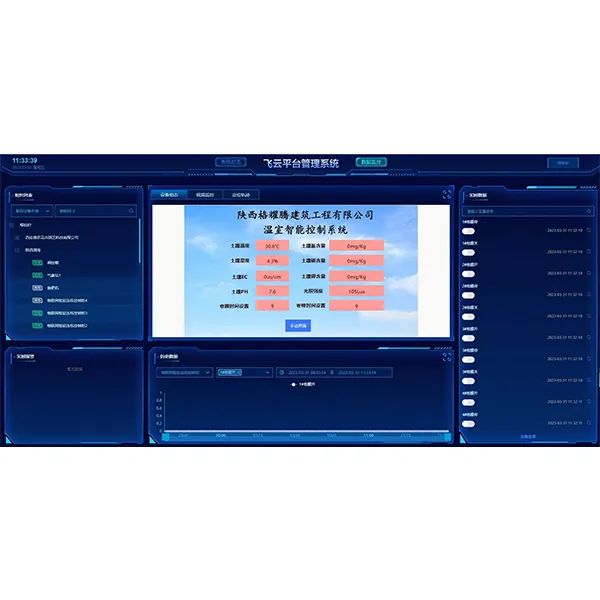 Cloud platform for smart agriculture
Cloud platform for smart agriculture
Relatedsearch
Related Search- Irrigation system buyer's main country
- Full bore ball valve DN100
- Irrigation and Fertilizer Controller System Supplier
- Reverse osmosis installation video suppliers
- Irrigation and fertilization equipment, simple intelligent water and fertilizer integration apparatus main buyer country
- Solenoid valve 1.5 inch pulse supplier
- Electric valves main buyer country
- High quality fully automatic water and fertilizer integration controller manufacturers
- Easy to operate water and fertilizer integration machine suppliers
- Land irrigation system buyer's main country


